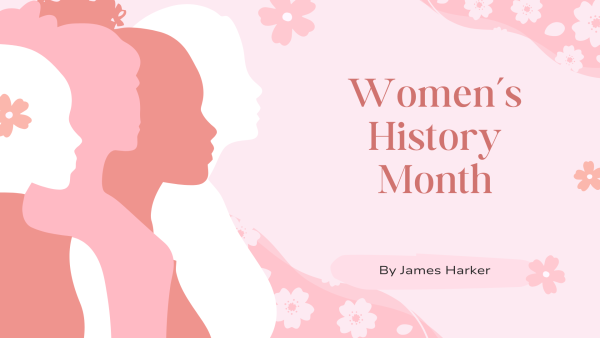Chinese New Year

Long ago in China, there lived a demon creature named Nian who lurked in the mountains. On the first day of the new year, this beast would come to the village and eat all the villagers’ livestock and grain, as well as any hapless children who were outside. The villagers lived in great fear, until one day, a god disguised as an old man came down to the village to help them. For several nights, the old man kept Nian from descending upon the village. However, the god had other duties to attend to, and was forced to leave. Before he left, he told the villagers that Nian feared the color red, loud noises, and strange creatures. So, the villagers hung red signs everywhere, gave their children masks, and created thundering sounds using firecrackers, drums, and music. In result, Nian never returned to terrorize the village again. This is the legend of how the traditions of Chinese New Year started.
During Chinese New Year, many delectable foods are eaten. Although people in different areas of China eat a variety of foods, there are some common dishes seen on the table. For example, “饺子”, or dumplings, are eaten in all regions of China. Dumplings are a common favorite because the whole family is able to participate in making them. They’re dough with a filling inside, which is usually a tasty mix of meat and vegetables. Also, they look like the Chinese gold ingot, which symbolizes wealthiness. Another food that emblemized good fortune was fish. The fish would be cooked, but it couldn’t be eaten. This represents the fact that there will always be enough fish in the year to come. These two foods are found on every table in China, but each family includes other dishes on their dinner table.
Chinese New Year doesn’t revolve around food, though. There are some other important traditions in the Chinese New Year. For example, the house is cleaned before the New Year to sweep away dust and bad luck. But, during the New Year, the house must not be cleaned in case good luck is scoured away. Red papers with the word “福”, or luck, and “喜”, or happiness are hung up to scare away the beast. Also, red lanterns are hung up in the house. Many people stay up late on New Year’s Eve to set off firecrackers at midnight. Although Shannon Chao, a 7th grader, doesn’t set off firecrackers, she said her favorite tradition is staying up past midnight. “It’s a time where you can stay up late, relax, and be with your family. I also like to see if I even can stay up till midnight.”
Chinese New Year is celebrated over a course of 15 days. On New Year’s Day, kids “拜年”, or wish people a happy New Year in exchange for red envelopes called “红包” filled with money or other treats. Chao also said: “My favorite thing about Chinese New Year are the red envelopes, but not just the receiving but also the giving, even though I only give them to my family.” Also, there are many parades with dragon dances. Although the dragons had a fierce appearance, the Chinese people believed that dragons brought good fortune to the land. The dragon is generally green to symbolise a great harvest with some golden or silver colors representing prosperity, red for excitement, and yellow for the empire. Another tradition is to visit your ancestors’ graves. People sweep, burn incense, and leave favorite foods at the grave. This is a way to honor one’s ancestors. There are many other customs in this spring festival that show the cultural variety in the country.
Every year, people from all over China and other countries tune in to CCTV’s New Year’s Gala. There are several hosts with a wide range of performances. The show starts at 8:00 p.m. and lasts until about 1:00 a.m. the next day. Several groups of performers present various acts such as skits, singing a duet, and conducting magic tricks. However, not everyone is able to appear on national TV. An audition with multiple rounds is held, and at least 30 groups are chosen to present their production. This program is watched and enjoyed by many.
As festivals in China follow the lunar calendar, the date of the new year changes every year. This year, Chinese New Year falls on Thursday, February 19th. Chinese New Year has many rich traditions, but most of all, this holiday is a time for family. Eating delicious meals prepared by the different cooks with your extended family is a way to bond, despite the distances between family during the rest of the year. Happy year of the goat!



















